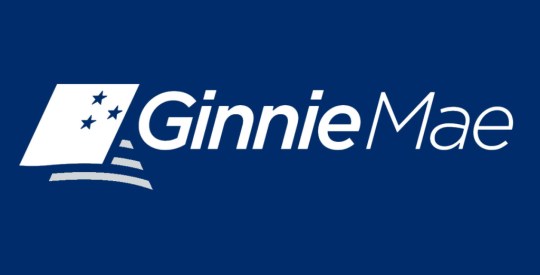Former IndyMac Bank Chairman and CEO Michael Perry has launched a website called “Not Too Big To Fail” to defend himself against charges federal regulators made against him and other bank executives in lawsuits filed this year. Perry ran the mortgage lender from 1997, when it was spun off from Countrywide Financial Corp., to 2008. In July of that year, IndyMac, with $32 billion in assets, was seized by regulators from the Federal Deposit Insurance Corp. after an 11-day run on the bank depleted its cash. It was the fourth-largest bank failure in U.S. history, and the second-largest failure of a thrift, or savings and loan bank. Perry complains on his site that IndyMac did not receive the bailout funds that other banks were able to access from the government because it was “not too big to fail,” a stance that clearly inspired his choice of a domain name. “Not one of the lawsuits against me has any merit,” says Perry on the site. “I, and the management team and directors of Indymac Bank, made prudent and appropriate business decisions based on the facts available to us at the time and always with the primary goal being to keep Indymac bank safe and sound.” The story of Perry’s website was first reported by American Banker. The trade newspaper characterizes the move as “a public campaign rarely seen from an executive of a failed bank” and refutes some of Perry’s assertions in point-counterpoint style. For instance, in response to a claim by Perry that the FDIC is “inappropriately seeking to blame former banking executives like me for the FDIC’s own failures,” American Banker counters that IndyMac specialized in making loans to subprime borrowers with little to no documentation, and that large numbers of defaults were inevitable. “If IndyMac hadn’t made so many risky loans, the FDIC would not have had to eat its losses,” says the article. In July, the FDIC sued Perry for $600 million in damages and costs, saying he “negligently” allowed Indymac to generate and purchase more than $10 billion in loans for sale to the secondary market in 2007, even though he knew the market was risky and unstable. Perry accuses the FDIC and the Securities and Exchange Commission with trying “to further their own image without regard to the damage done to the reputation, career, and finances of honest individuals like myself and others.” The SEC charged Perry and two other former Indymac executives with misleading investors in a lawsuit filed in February. The commission said Perry and former chief financial officers Scott Keys and Blair Abernathy were publicly reassuring investors and depositors that Indymac had plenty of cash on hand to cover its loans, even as they privately worried the bank’s reserves would fall below regulatory requirements and sold stock to raise more cash. Perry’s attorney, in comments to the Washington Post, called the allegations “the worst kind of Monday morning quarterbacking.” Perry, on his website, points out what is not in the lawsuit’s charges. “The SEC is not alleging any insider stock selling because there was none, including areas that required significant judgment,” he says. “The SEC also is not alleging any inaccuracy in our financial statements.” “The SEC is not questioning the more than 15 years of timely and accurate public disclosures on my and the company’s part, including during most of the financial crisis that was devastating the industry,” he says. Write to Liz Enochs.
Former Indymac CEO launches website to fight lawsuits
Most Popular Articles
Latest Articles
Ginnie Mae expands its monthly single-family reporting
The company seeks to monitor potential delinquencies and reduce financial strain on nonbanks
-
Freddie Mac’s proposed home equity product could unlock $850B in originations
-
Brian Icenhower on impact of commission lawsuits and low volume
-
Opinion: If you’re chasing volume, you’re chasing the wrong carrot
-
Why are existing home prices rising when sales are still so low?
-
FundingShield’s Ike Suri on the limits of AI in fighting fraud



